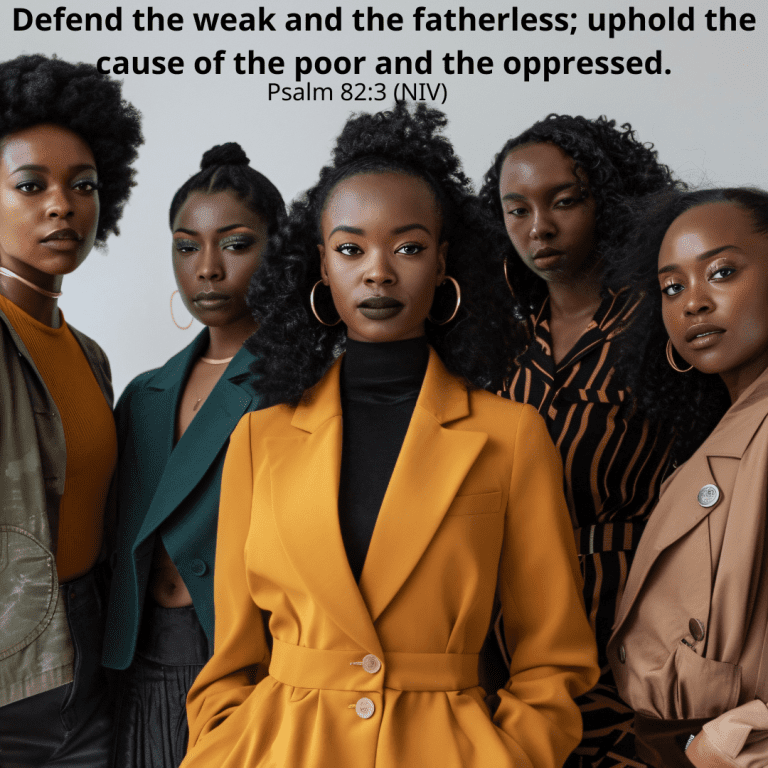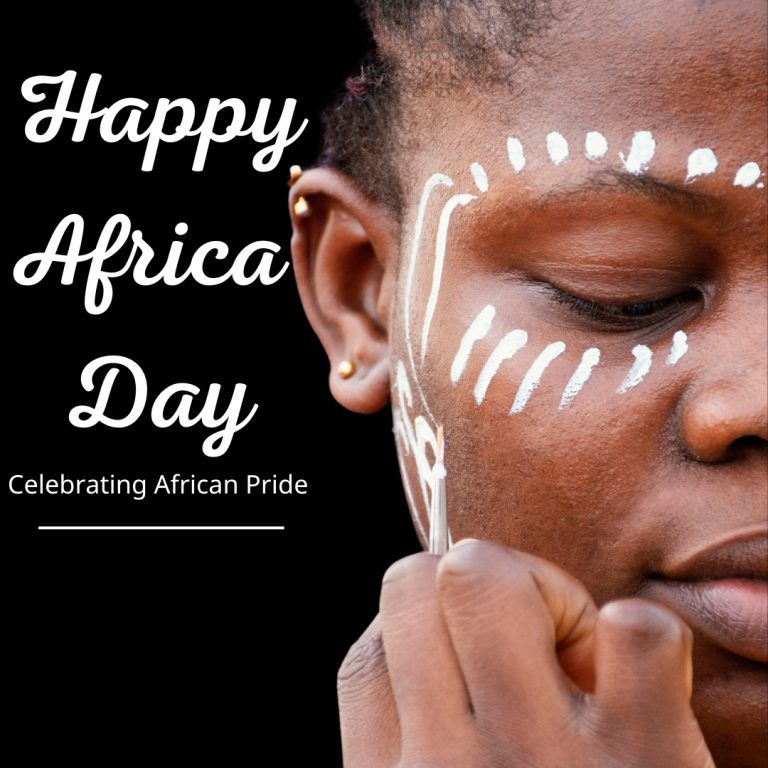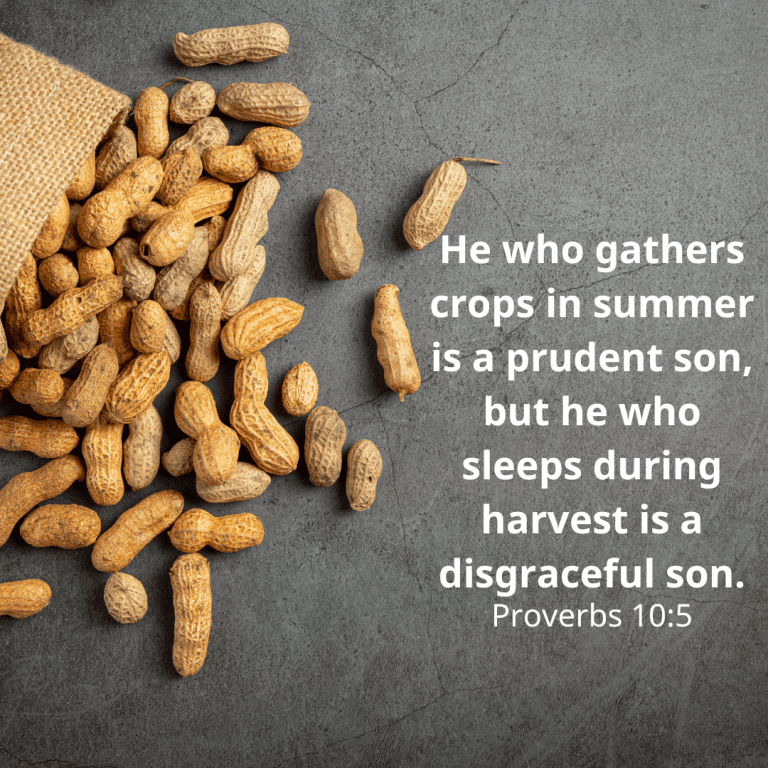aza 3
ŠĻĮ…ômna ŠĻĮiri ŠĻĮu…Ĺuk ŠĻĮeŠĻĮinyji …ômiŠłŹina Allah yi, kuruu kiti kiri mac
1 ŇčaŇča leŠłŹi galaatyaŇčw, ŇčiŠłŹya Ňčalu ki! eya kwiri kwum…Ē Ňčazi errezi-na dar, ŇčaŇča limerzi baŇčaci YecuŇčw Kwruztu p…Ērp…Ēr ki yey-na yalu, kwuŠĻĮigreŠłŹir ki Ňčwu…Ĺi la Ňčwu…Ĺm…ĒŠłŹalu? 2 eŠłŹi Ňčazi Ňči uŠĻĮizelu Ňču Ňčutuput dak: a limafi ŠĻģig…Ĺima ŠĻĮirlinelu ter Ňč…ĒŠłŹ…Ĺor Ňči ŇčeŠłŹi kuruu a, ya Ňči…ĹaŇčal Ňči Ňčimezi neŇčne ŠĻĮ…ômna ŠĻĮi? 3 a leni mi liŠłŹiki Ňčwu? enŠłŹi Ňča gwu ŇčimiiŠłŹa-na kw…Ēnkw…Ēn ŠĻģig…Ĺim ŠĻĮi ŠĻĮirlinelu ter ta, a linaŇčna kirem eŠłŹi zi ratazi aŇčna yi a? 4 a lir…ôrine Ňči…ĹaŇčal Ňči Ňčitezir domony a? mer keni or…Ē domony rerem. 5 na Allah muŇčw inŠłŹeŠłŹa ŇčaŇčwuzi ŠĻģig…Ĺima ŠĻĮirlinelu ter, na muŇčw zi erri Ňčir Ňčilim Ňčupa daŇčgal-na ta, eŠĻĮuŇčw zi erri Ňču kaka miŠłŹa gwu kuruu a, ya Ňči…ĹaŇčal Ňči Ňčimezi neŇčne ŠĻĮ…ômna ŠĻĮi?
6 Ňčiri ŠĻĮaŇčwu na ibrahiim eŠłŹici Allah ŠĻĮ…ômna, mindaŇč na Allah ruzi ŠĻĮ…ômna ŠĻĮuŇčwun kaka ŠĻĮofŠłŹana ŠĻĮuŇčwun. 7 na izarŠĻĮi, lizi ledi ŠĻĮ…ômna linderŠĻĮa liri nyor nyeŠłŹi ibrahiim. 8 na Ňči…ĹaŇčal ŇčuluŠłŹina ilŇčiiŠłŹir zi gwu eŠłŹaruŇčw, Allah winŠłŹi eŠłŹi ruzi lizi lir umam lofŠłŹana ŠĻĮ…ômna ŠĻĮi, ner andaci ibrahiimŇčw Ňči…ĹaŇčali Ňčizaw Ňčir injiil kerreny, ŇčaruŇčw: lizi leŠłŹi ŠĻĮurmun tatap lortani Ňča Ňčgi. 9 Ňčwu ŠĻĮaŇčwu, kla leŠłŹi ŠĻĮ…ômna linderŠĻĮa lortani ibrahiim Ňčali, Ňčgwa kweŠłŹi ŠĻĮ…ômna.
10 lakin kla tatap leŠĻĮalliŠłŹa kuruu rugwori nana, linderŠĻĮa leŠĻĮinani ki ŠĻĮ…Ēll…ĒŠłŹina-na hukm yi. kaka luŠłŹinar gwu Ňčeni Ňčwu: kwere nyiŠłŹak kwiti kweŠĻĮami miŠłŹa Ňči…ĹaŇčali Ňčwu tatap mac ŇčuluŠłŹina kiŠĻĮam-na keŠłŹi kuruu, eŠłŹizerri, Ňčweni kw…Ēll…ĒŠłŹine hukm yi. 11 Ňčim…Ē liŇčeŠłŹine rac, kwizi kwiti kwere kweni kwofŠłŹana mac ki yey-na yeŠłŹi Allah kuruu gi, kaka luŠłŹinar gwu: Ňčgwa kweni kwofŠłŹana ŠĻĮ…ômna ŠĻĮi, kwunderŠĻĮa kwumiiŠłŹi. 12 lakin Ňči…ĹaŇčal ŇčeŠłŹi kuruu Ňčiti Ňčiri Ňči…ĹaŇčal ŇčeŠłŹi ŠĻĮ…ômna mac, kaka luŠłŹinar gwu: Ňčgwa kweŠĻĮizerri ŇčeŠłŹi kuruu, kwunderŠĻĮa kwe Ňči miiŠłŹi. 13 Kwruztu kwuliŠĻĮi nyuŇčwuzi ki ŠĻĮ…Ēll…ĒŠłŹina-na ŠĻĮeŠłŹi kuruu, urŇčw gwu ŠĻĮ…Ēll…ĒŠłŹina ki Ňčwobi Ňčweri‚ÄĒkaka luŠłŹinar gwu: eŠłŹi ŠĻĮ…Ēll…ĒŠłŹina nani nani gwu kwere nyiŠłŹak kwuŠĻĮigreni Ňčwu…Ĺi la‚ÄĒ 14 mindaŇč eŠłŹi ŠĻĮortaŠłŹa ŠĻĮeŠłŹi ibrahiim ila ki lizi-na lir umam eŠłŹi Kwruztu-na kweni Yecu, mindaŇč er ma afi nyiŇča ŠĻĮikitaŠłŹa ŠĻĮeŠłŹi ŠĻģig…Ĺim ŠĻĮ…ômna ŠĻĮi.
15 Ňčizaw eŠłŹilŇčiiŠłŹini ŇčaŇčwuzi, lieŇčgeri, Ňči…ĹaŇčal Ňči ŇčeŠĻĮirzerri ki lizi-na. Ňči…ĹaŇčal Ňčere ŇčeŠłŹi kwizigwunaŇč Ňčimerzi enjici kaŠĻĮima Ňčimerzi l…Ē, ezi kwizi ere kwere kwezi dimi kiŠĻĮay, ya eŠłŹi zi ki…Ĺezi. 16 na Ňči…ĹaŇčal Ňčim…Ē Ňči Allah kitaŠłŹa, nuŇčw Ňči kitaŠłŹa ibrahiim Ňčwuzi lola li lir ŇčelŇče ŇčuŇčun. ner Ňči ere eca mac, Ňčwola, Ňčweni Ňčwuru, lakin ner Ňči eca, lola, leni lutuput, linderŠĻĮa leni Kwruztu. 17 ŇčinderŠĻĮa Ňčari nyi Ňči Ňčwu: kuruu, kinderŠĻĮa kimila kwaŠłŹan gi ki yiŠłŹla yir arbamiya wa ŠĻĮalaŠĻĮiin, kiti keŠłŹi Ňčuma mac eŠłŹafrazi ŠĻĮikitaŠłŹiza ŠĻĮay ŠĻĮete, ŠĻĮim…Ē Allah enjelu teter, mindaŇč eŠłŹi iri fayŠłŹa kwuŇčwun kiŠĻĮay. 18 eŇčgi kwere afi Ňčoru kuruu gi, eŇčguŇčw ere afi ŠĻĮikitaŠłŹiza ŠĻĮi mac; lakin na Allah inŠłŹeŠłŹa ibrahiimŇčw Ňčoru ŠĻĮikitaŠłŹiza ŠĻĮi.
kuruu keŠłŹaŠłŹa kiri?
19 na kuruu keŠłŹaŠłŹa kiri? kimer ki…Ĺezi Ňči…ĹaŇčal Ňči ŇčeŠłŹi Ňčikya mindaŇč ma lola ila, lir ŇčelŇče limerli kitaŠłŹa. na kimer kete limaleyka li ki ŠĻĮii-na ŠĻĮeŠłŹi kwete kwunani keligeny-na eŠłŹor…Ē ŠĻĮ…ômiŠłŹana. 20 na eŠĻĮi ŠĻĮ…ômiŠłŹana ere or…Ē ŠĻĮeŠłŹi kwizi kwutuput mac; eŠĻĮir nani leŠĻĮi kamaŠłŹizi; lakin na Allah or…Ē Ňčundu wutuput.
21 kuruu kiri ŠĻĮuw…ôn nani gwu ŠĻĮikitaŠłŹa ŠĻĮeŠłŹi Allah? beri ma! eŇčgir zi inŠłŹeŠłŹa kuruu kete keŠłŹi Ňčuma eŠłŹinŠłŹeŠłŹa lizi ŇčimiiŠłŹa ta, eŇčgi ŠĻĮofŠłŹana or…Ē rerem kuruu gi. 22 ner nyjinŠłŹeŠłŹa Ňči…ĹaŇčali ŇčuluŠłŹina ŇčeŠłŹi kuruu eŠłŹi zi Ňči ici mindaŇč er elŇče eŠłŹaruŇčw, Ňčikya Ňčeri Ňčimenyji ruzi kaŠĻĮi eŠłŹay. na eŠĻĮi ŠĻĮireca kŠłŹu mul…Ē nyuŇčwuzi eŠłŹi naŇčni ŇčigileŠłŹa ŠĻĮay ŠĻĮi ŠĻĮir ter, Ňčimerzi kitaŠłŹa kla leŠłŹici YecuŇčw Kwruztu ŠĻĮ…ômna.
23 na iti inŠłŹi gwu ŠĻĮ…ômna kinna mac na kuruu or…Ē kwaŇč…Ĺa kweri eŠłŹi ŠĻĮinyini nyuŇčwuzi mindaŇč ma ŠĻĮ…ômna ruwenelu. 24 ŠĻĮaŇčwu na kuruu or…Ē kimenyji karni mindaŇč ma Kwruztu ila, ta er nyji ma ruzi lofŠłŹana ŠĻĮ…ômna ŠĻĮi.
ŠĻĮerrina ŠĻĮeŠłŹi ŠĻĮ…ômna


25 lakin kire-kirem na t…ômna ila, Ňčwu ŠĻĮa a kwiti kwunanir kwokwony mac ki rii-na reŠłŹi kwaŇč…Ĺa; 26 kaka ma gwu eŠłŹici KwruztuŇčw kweni Yecu t…ômna, a liri tatap nyor nyeŠłŹi Allah ŠĻĮ…ômna ŠĻĮi. 27 na kla daŇčgal-na lim…Ē baptazini eŠłŹi Kwruztu-na lim…Ē kenne KwruztuŇčw. 28 Ňčiti mac Ňčeni yahuuŠłŹi ya Ňčeni yunaani, Ňčiti mac Ňčeni kwuway ya Ňčeni hurr, Ňčiti mac Ňčeni kwor ya Ňčeni kwaw, kaka ur Ňča gwu tatap kwizi-na kwutuput eŠłŹi Kwruztu-na kweni Yecu. 29 na ma ŠĻĮa or…Ē leŠłŹi Kwruztu, na ŠĻĮa or…Ē lola lir ŇčelŇče ŇčeŠłŹi ibrahiim, na or…Ē nyor nyinŠłŹi eŠłŹafi Ňčoru, Ňči…ĹaŇčal Ňči ŇčeŠłŹi ŠĻĮikitaŠłŹa.
Faith Is the Only Way
1 You stupid Galatians! I told you exactly how Jesus Christ was nailed to a cross. Has someone now put an evil spell on you? 2 I want to know only one thing. How were you given God's Spirit? Was it by obeying the Law of Moses or by hearing about Christ and having faith in him? 3 How can you be so stupid? Do you think that by yourself you can complete what God's Spirit started in you? 4 Have you gone through all of this for nothing? Is it all really for nothing? 5 God gives you his Spirit and works miracles in you. But does he do this because you obey the Law of Moses or because you have heard about Christ and have faith in him?
6 The Scriptures say that God accepted Abraham because Abraham had faith. 7 And so, you should understand that everyone who has faith is a child of Abraham. 8 Long ago the Scriptures said God would accept the Gentiles because of their faith. This is why God told Abraham the good news that all nations would be blessed because of him. 9 This means everyone who has faith will share in the blessings given to Abraham because of his faith.
10 Anyone who tries to please God by obeying the Law is under a curse. The Scriptures say, ‚ÄúEveryone who doesn't obey everything in the Law is under a curse.‚ÄĚ 11 No one can please God by obeying the Law. The Scriptures also say, ‚ÄúThe people God accepts because of their faith will live.‚ÄĚ
12 The Law isn't based on faith. It promises life only to people who obey its commands. 13 But Christ rescued us from the Law's curse, when he became a curse in our place. This is because the Scriptures say that anyone who is nailed to a tree is under a curse. 14 And because of what Jesus Christ has done, the blessing promised to Abraham was taken to the Gentiles. This happened so that by faith we would be given the promised Holy Spirit.
The Law and the Promise
15 My friends, I will use an everyday example to explain what I mean. Once someone agrees to something, no one else can change or cancel the agreement. 16 That is how it is with the promises God made to Abraham and his descendant. The promises were not made to many descendants, but only to one, and that one is Christ. 17 What I am saying is that the Law cannot change or cancel God's promise made 430 years before the Law was given. 18 If we have to obey the Law in order to receive God's blessings, those blessings don't really come to us because of God's promise. But God was kind to Abraham and made him a promise.
19 What is the use of the Law? It was given later to show that we sin. But it was only supposed to last until the coming of that descendant who was given the promise. In fact, angels gave the Law to Moses, and he gave it to the people. 20 There is only one God, and the Law did not come directly from him.
Slaves and Children
21 Does the Law disagree with God's promises? No, it doesn't! If any law could give life to us, we could become acceptable to God by obeying that law. 22 But the Scriptures say that sin controls everyone, so that God's promises will be for anyone who has faith in Jesus Christ.
23 The Law controlled us and kept us under its power until the time came when we would have faith. 24 In fact, the Law was to be our teacher until Christ came. Then we could have faith and be acceptable to God. 25 But once a person has learned to have faith, there is no more need to have the Law as a teacher.
26 All of you are God's children because of your faith in Christ Jesus. 27 And when you were baptized, it was as though you had put on Christ in the same way you put on new clothes. 28 Faith in Christ Jesus is what makes each of you equal with each other, whether you are a Jew or a Greek, a slave or a free person, a man or a woman. 29 So if you belong to Christ, you are now part of Abraham's family, and you will be given what God has promised.



